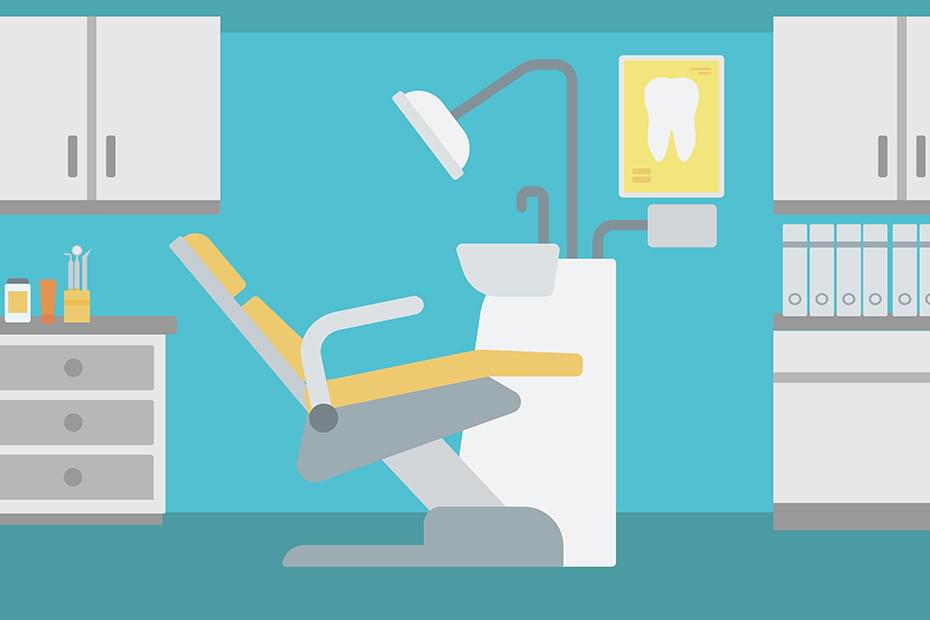Published November 7, 2017 • 3 Min Read
But once the euphoria wears off, they face a tough question: Do I join a practice, buy an existing one, or open up my own?
Like most career decisions there are advantages and disadvantages to every path. For example, owning a practice means making executive decisions on things like office policy and staff hiring — for some dentists like Ella Choi, a Vancouver-based dentist at Playtime Pediatric Dentistry — that’s part of the appeal.
Choi opened her own practice after dental school. “It was also an opportunity to use and develop my leadership skills. And use that skill set to grow my business,” she says. She enjoyed leadership roles throughout dental school at the University of British Columbia and is currently the vice president of the BC Society of Pediatric Dentists.
For those dental graduates considering opening up a practice here are five tips to get you started:
1. Recognize the Connection Between Personal and Business Finances
When banks are evaluating dentists as new clients, they look at potential business income as well as personal income and all debt. “Of course we expect some level of student debt,” says Robin Lesch, Senior Commercial Account Manager, Health Care Professionals at RBC. By the end of his or her medical education, the average Canadian graduate in 2016 owed $80,000 in educational debt, according to The Association of Faculties of Medicine of Canada.
2. Make a Financial Plan
Consider meeting with a financial planner if you feel overwhelmed when it comes to finances. Many planners will advise taking a holistic approach, which means including all aspects of your life — income, assets and liabilities, as well as values, needs and goals.
We work with a lot of professionals who are extremely competent at their job, however, there’s more to running a business than clinical work.
3. Find a Mentor
Lesch says the best way to understand what opening a practice encompasses is to surround yourself with quality mentors, business advisors and lawyers. A seasoned mentor can be a great resource when you have questions about buying a practice too. Most dental schools across Canada include mentorships as an option in their program, or you can contact the Canadian Dental Association for more information on mentorship programs.
4. Understand What Buying a Practice Encompasses
“We work with a lot of professionals who are extremely competent at their job,” says Nick Stein, Commercial Account Manager, Health Care Professionals at RBC. “However, there’s more to running a business than clinical work.”
Stein offers some beginning questions to consider:
-
How are you going to manage staff?
-
Who is going to do payroll?
-
Will advertising be involved?
-
Will you buy or lease equipment?
5. Do Your Research
“The reason dental practices are so valuable is the client base,” says Stein. That’s why it’s important to pick an area where there isn’t too much competition. Unfortunately, many Canadian cities are oversaturated with talented dentists, so Stein and Lesch are seeing some clients relocate to smaller areas. “It’s imperative to pick a market with opportunity,” adds Lesch.
Some questions to consider when researching your area:
-
Do I understand the market in the area?
-
How many dental practices within 10km?
-
Will I add value to this community?
-
Do I have a specialty service to offer that sets me apart?
-
Is there enough population to support the practice?
Are you looking for one-on-one advice on what pathway to practice you should take? Connect with an RBC Commercial Account Manager for Healthcare Professionals in your area.
This article is intended as general information only and is not to be relied upon as constituting legal, financial or other professional advice. A professional advisor should be consulted regarding your specific situation. Information presented is believed to be factual and up-to-date but we do not guarantee its accuracy and it should not be regarded as a complete analysis of the subjects discussed. All expressions of opinion reflect the judgment of the authors as of the date of publication and are subject to change. No endorsement of any third parties or their advice, opinions, information, products or services is expressly given or implied by Royal Bank of Canada or any of its affiliates.
Share This Article






